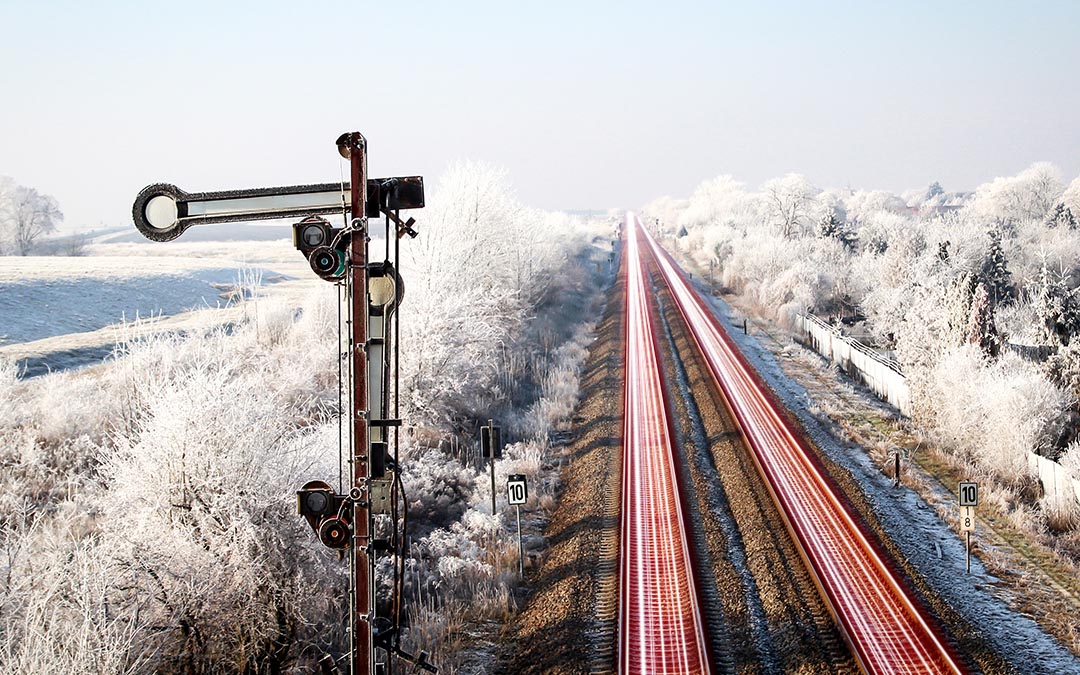20,000 kilometers of fiber optics – and that’s just the beginning. A good two years ago, Deutsche Bahn opened up its fiber optic network to a larger customer base. Over the next five years, the network is set to grow to more than 33,000 kilometers.
What do you do if you still have free capacity in one of Germany’s largest fiber optic networks? You make it available to others. At least that’s the answer Deutsche Bahn has given itself to this question. Since the end of 2019, it has been sharing its lines laid along the railroad lines with third parties by renting them out. And apparently with success.
“Since the company was founded, we have acquired many partners and successfully implemented various projects,” says Dr. Christian Humpert, CEO of DB broadband, which was founded specifically for this purpose. The company has established itself as a good partner in fiber optic expansion. For example, DB broadband now offers dark fiber – i.e. unconnected fiber optics – to municipal utilities, network operators and public authorities.
Above-ground installation is not a safety risk
According to Deutsche Bahn, using existing infrastructure not only saves customers time in terms of planning and approval, but also costs. This is because the fiber optic cables mainly run in above-ground troughs along the track. Civil engineering work is therefore not required, or only to a lesser extent. This is also not a disadvantage in terms of safety, emphasizes Deutsche Bahn: the cables are located in the area of critical infrastructure, for which high safety standards exist.
Arguments that are convincing in practice. For example, the Bavarian telecommunications provider Bisping & Bisping uses parts of the railroad subsidiary’s existing infrastructure to connect around 1,500 households in the district of Rottal-Inn. The funding project, one of the largest in Bavaria, could therefore be implemented in less than two years. According to DB broadband, models similar to this one can significantly accelerate the expansion of fiber optics, especially in rural areas.
Deutsche Bahn intends to expand its fiber optic business in the coming years. DB broadband has concluded framework agreements “with all major German telecommunications providers”, says Managing Director Humpert. “Even partners in neighboring countries are now relying on our infrastructure for their market access in Germany.” A prerequisite for growth is the expansion of the network. According to the information provided, it is set to grow to a length of 33,400 kilometers by 2027.

